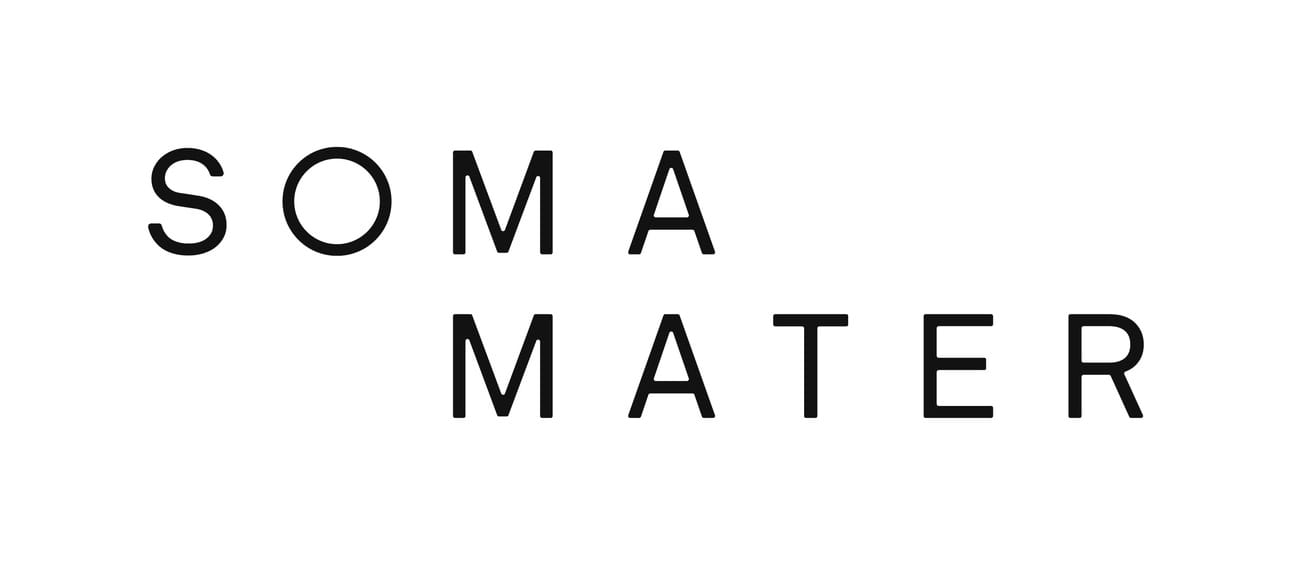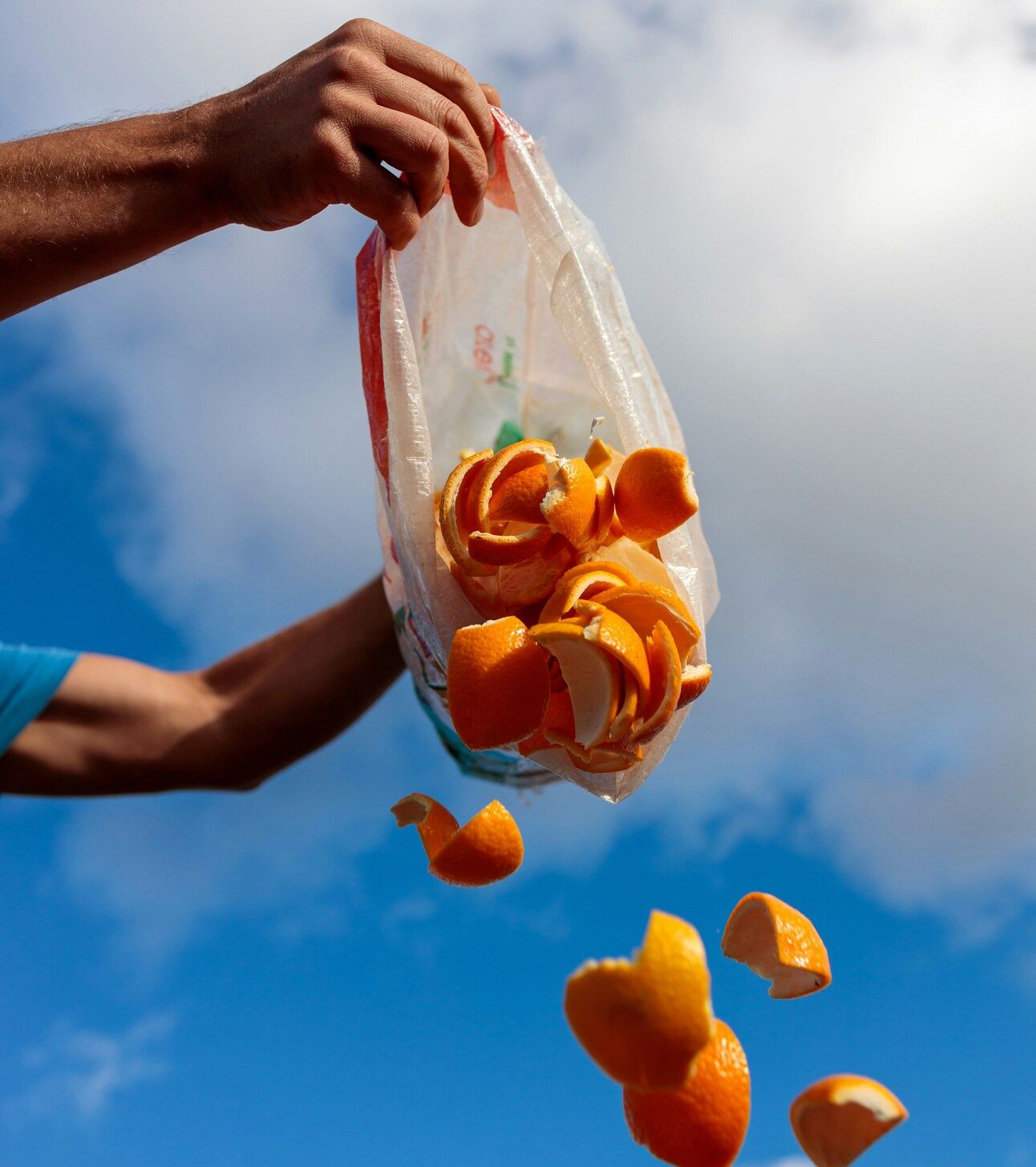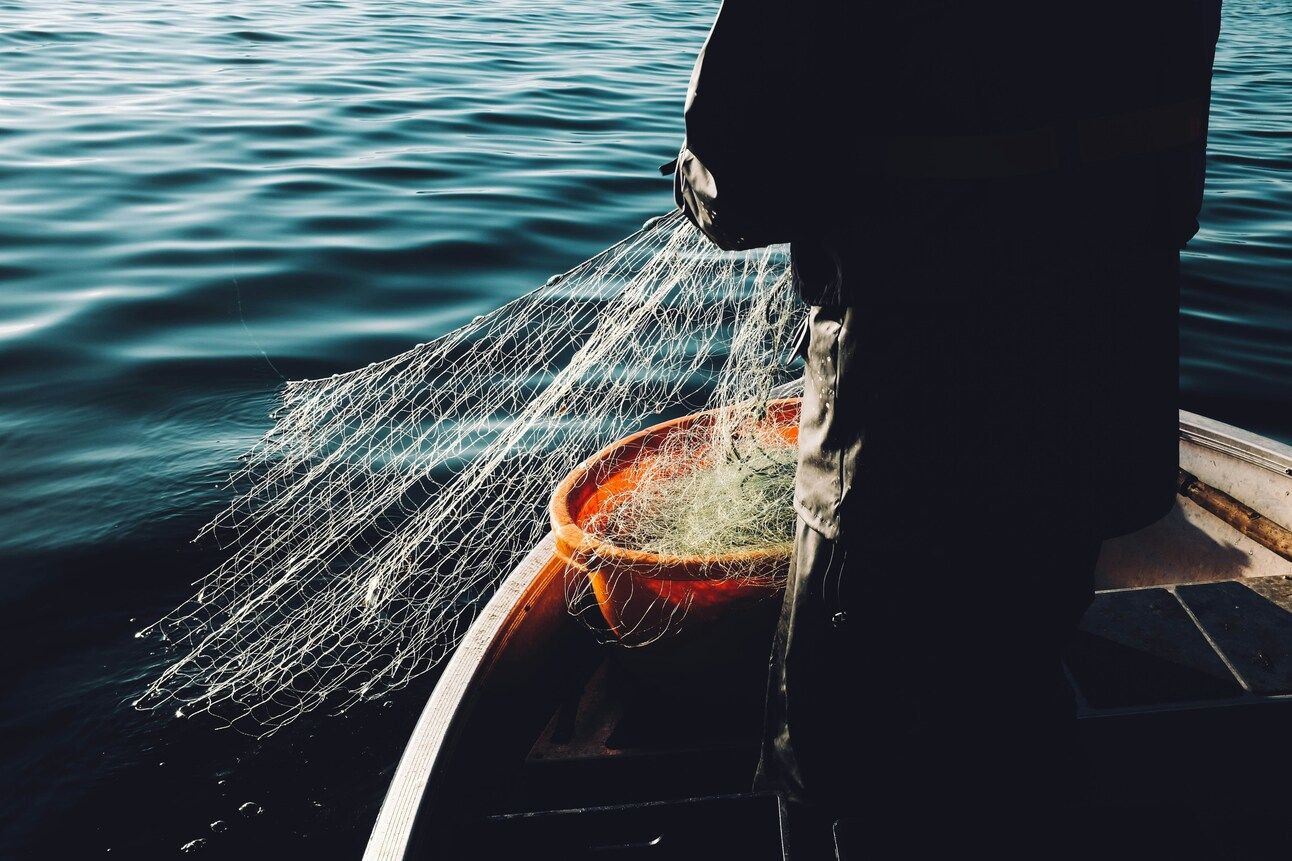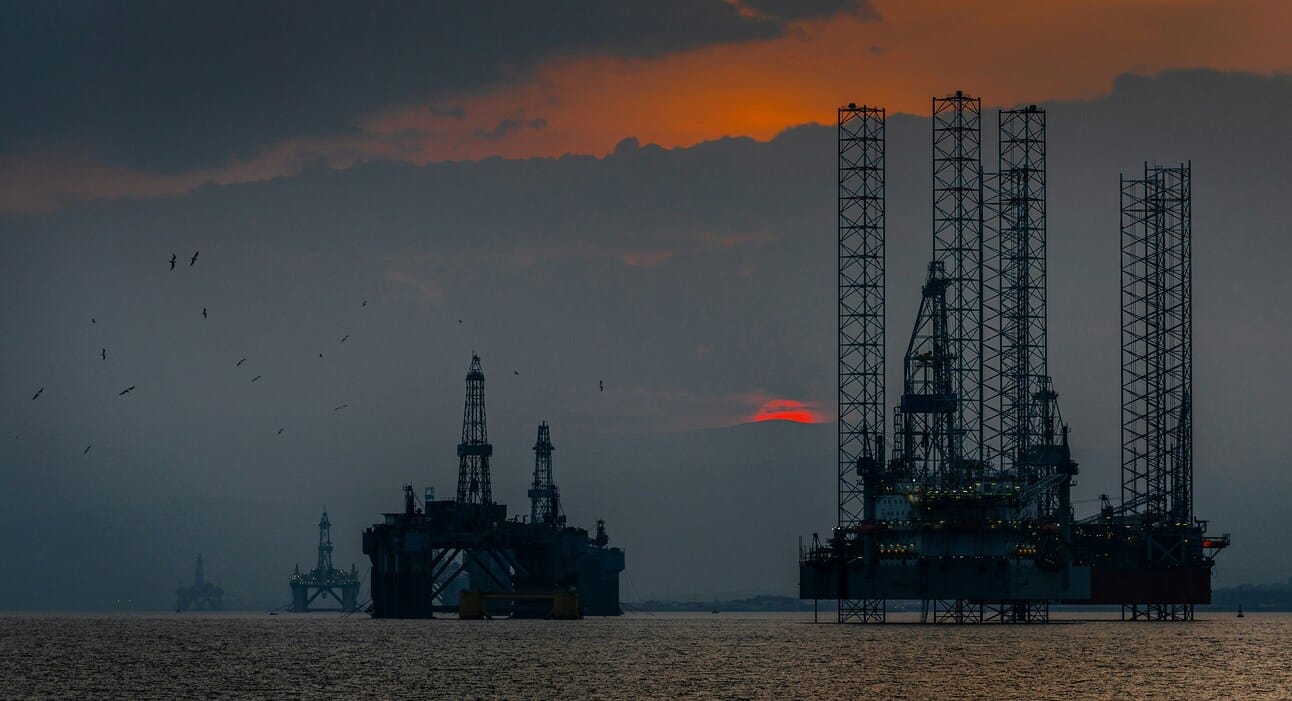- Soma Mater's Newsletter
- Posts
- Soma Mater's Newsletter
Soma Mater's Newsletter

Welcome to the SOMA MATER weekly newsletter.
This weekly newsletter highlights the top 3 stories from the past week in food systems and sustainability, along with SOMA MATER's analysis and perspective.
What does the partnership between ADAFSA, Spinneys, and Circa Biotech reveal about the progress of food waste repurposing in the country?
How can aquaculture help the UAE reduce its food imports and improve its ranking on the Global Food Security Index by 2051?
How are the production cuts by OPEC+ and the global energy transition impacting oil demand?
Sustainably yours,
The SOMA team
Waste Not, Want Not: Turning Food Waste into Treasure

This month, ADAFSA, Spinneys, and Circa Biotech partnered to reduce food waste and support sustainable agriculture by converting surplus food into agricultural feed using black soldier fly larvae. As of March 2024, Circa Biotech had already managed to process 3 tonnes of waste daily at their Masdar City facility.
During a six-month trial conducted in Abu Dhabi, Spinneys was able to reduce the food waste sent to landfill by 54%. Instead of being discarded, the food waste was diverted to Circa Biotech, where it was turned into protein rich animal feed, organic fertilizers and sustainable biofuel.
Following the success of the trial, all Spinneys stores in Abu Dhabi will divert their food waste to the production facility at Circa Biotech. The initiative sets a precedent for other organizations and regions looking to implement similar programs to tackle food waste and support sustainable agriculture.
Soma’s Perspective:
Circa Biotech is a success story of food waste repurposing in the UAE. We are happy to see the increasing market-trust in Circa Biotech's mission. SOMA is supportive of this initiative and celebrates this important first step in a more sustainable UAE and MENA region. Sheikh Dr. Majid Al Qasimi had an in-depth conversation on this announcement with Circa Biotech’s CEO and Founder, Haythem Riahi. Stay tuned for that on SOMA’s social platforms.
Sources:
Fishing for 1st Place: UAE Aquaculture to Reel in Food Security by 2051!

Experts believe aquaculture can become the most efficient path for the UAE to lead the Global Food Security Index by 2051. The UAE currently imports 80% of its food. Investing in aquaculture can be crucial to bringing this number down further. Fisheries is one of the 18 food items in the UAE’s food basket part of the National Food Security Strategy, making it an important component in the country’s food security.
As of 2021, the UAE imported 75% of its annual fish consumption while aquaculture provided 2% of total fish consumption. The UAE accounted for 2.15% of India's seafood exports in the fiscal year 2023-2024. Experts believe a collaboration between the UAE and other countries like India could significantly impact the global fisheries landscape. Indian businesses can leverage the UAE's reprocessing infrastructure to scale their operations and launch global brands.
Today, the UAE's seafood market is valued at approximately $1.4 billion. This market has already begun embracing innovative agricultural practices such as vertical and smart farming, hydroponics, and aeroponics. For the UAE to become a leading re-export hub for fish, there needs to be further investment in fish processing facilities with an emphasis on obtaining global certifications.
Soma’s Perspective:
Countries must employ their most advantageous solutions to address food insecurity effectively. For the UAE, aquaculture represents a highly efficient strategy to enhance food security and reduce dependency on imports. It may not always be feasible to tackle all aspects of food security simultaneously. We believe focusing on areas where a country has the greatest potential for impact is advisable. Achieving food security is not always a one-size-fits-all solution, but each country has a specific path with its respective strengths.
Sources:
Oil's Midlife Crisis: The Net Zero Transition

In June 2024, OPEC+ extended their production cuts of 1.65 million barrels per day into 2025, initially announced in April 2023. Led by Saudi Arabia and Russia, the cuts aim to counteract slowing global demand and rising oil output from the United States. The production cuts represent about 5.7% of global crude supply.
Oil prices have continued to fall due to record US oil output, slow demand in China, clean energy transitions, and challenging industrial conditions in the US and Europe. Oil demand was close to 46 million barrels per day in 2023, and is now expected to drop to less than 43 million barrels per day by 2030. Total supply capacity is projected to rise to nearly 114 million barrels a day by 2030, above projected global demand. This will lead to spare capacity levels not seen since the peak of the Covid-19 lockdowns in 2020. Global oil supply has also been on the rise. Global supply rose by 520 kb/d in May 2024, driven by surges in countries like the United States, Brazil, Canada, Kazakhstan, and other producers in the Americas.
The global energy transition presents significant challenges for fossil fuel-dependent companies. The shift to carbon-reduction objectives is influencing investment decisions and causing a decline in fossil fuel demand over time. Due to these production cuts, the IMF has lowered its growth forecast for the Saudi economy from 2.6% to just 1.7% in growth projection.
Soma’s Perspective:
The global oil market is in the midst of change as it navigates the transition to net zero emissions. The energy transition poses both challenges and opportunities for oil-dependent economies like the UAE and Saudi Arabia. Investing in clean energy now allows the region to proactively prepare for the shift away from oil by simultaneously building its replacement. We believe countries like the UAE and Saudi Arabia now have the opportunity to invest their oil-made wealth into developing clean energy infrastructure for hydrogen and solar energy. The region boasts one of the lowest costs for producing blue hydrogen from natural gas.
Source:
SOMA MATER is writing Intelligence Reports on the topics of Food Security and Net Zero Transition. If you’d like to know more, contact us through the link below: